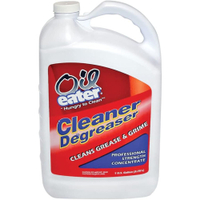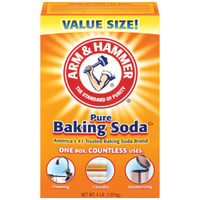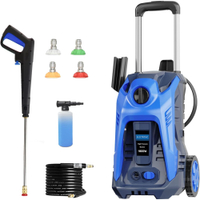How to get oil stains off a driveway – 5 hacks to break down and wash off the oil
These methods to break down, scrub, and wash away oil stains are your best line of defence to prevent them from setting


Oil stains are notoriously challenging to remove, and driveways are no exception to this rule. But the good news is that if you act fast and implement a combination of the methods below, you can remove or at least significantly diminish the stain.
Driveway and garage oil stains are a common foe to any homeowner with a vehicle, and just like cleaning garage floors, there are several surprising solutions using everyday household items to tackle these stains on driveways.
A well-maintained driveway adds curb appeal to any home, so ensuring it remains flawless is essential to make a driveway look more inviting and future-proof your home. Our experts have recommended the most effective methods to break down and wash away oil stains from a driveway.
How to get oil stains off a driveway
Let's start with one of the golden rules for stain removal. The sooner you treat the oil stain, the easier it will be to remove. With concrete driveways, if an oil stain is left unattended for a long time, it can become permanent – or at least incredibly hard to remove without damaging the driveway. But, if you work on removing the stain relatively soon after it occurs, you should be able to remove it with a little elbow grease and some of these methods.
Here's what to do.
1. Soak it with absorbent materials
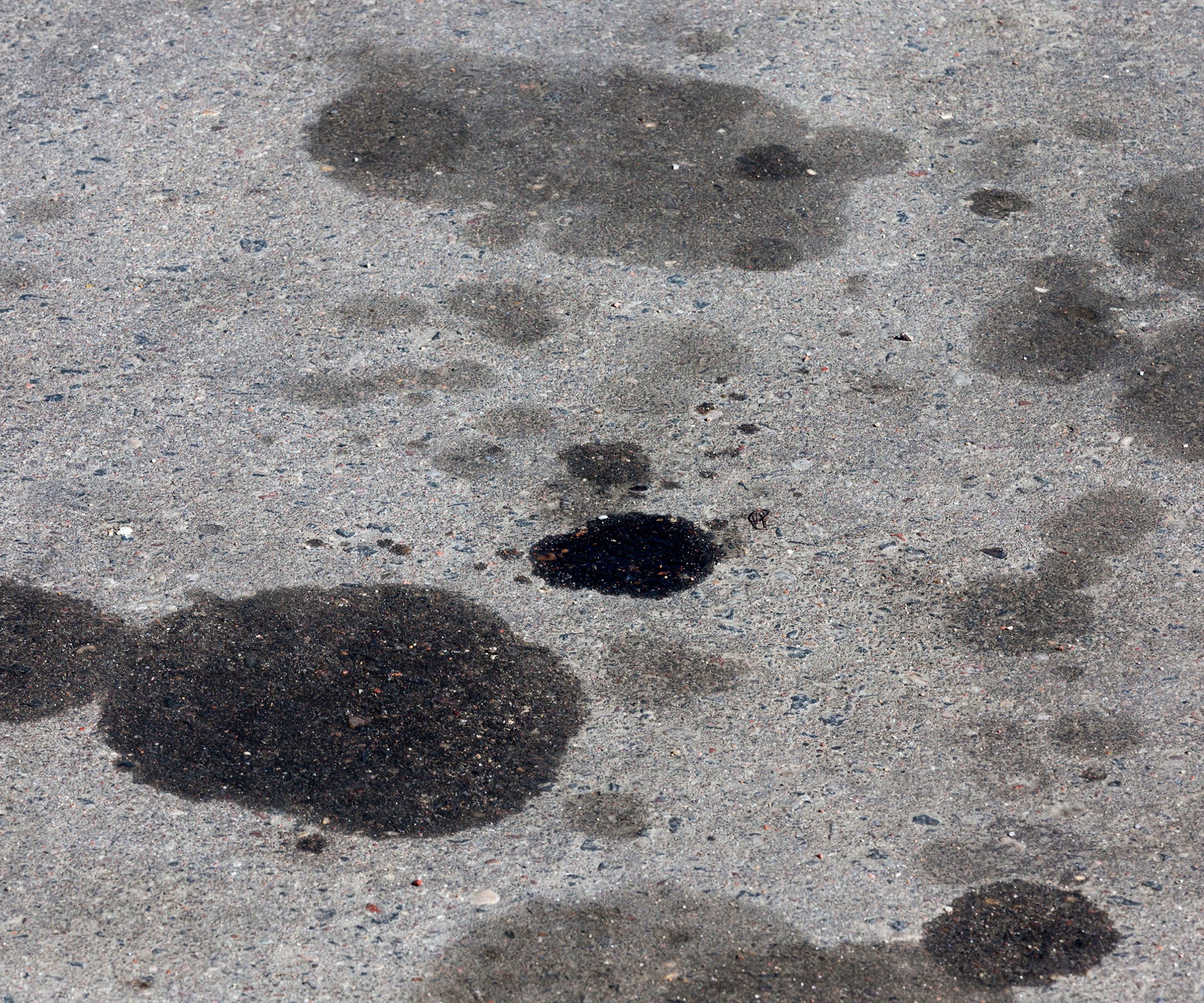
As soon as you notice the oil stain, cover it entirely with a generous layer of absorbent material, such as cat litter, baking soda, or sawdust, to absorb excess oil. Allow it to sit for several hours or overnight for sufficient absorption.
Next, use a concentrated detergent and a stiff brush, such as this Qaestfy broom, from Amazon, to scrub the area in a circular motion. Rinse and repeat this process a few times.
While gently blotting can be effective in absorbing excess oil without spreading it further, for deeper penetration and thorough removal, scrubbing with a detergent solution is often necessary. This method is safe to do after applying an absorbent material as this method achieves the equivalent of blotting by allowing the absorbent material to draw out excess oil, making it easier to scrub away the remaining residue.
2. Apply a cleaner or commercial stain remover
'After using the absorbent material, apply some dish soap to the stain, scrub with a stiff-bristled brush, and then rinse thoroughly with water,' says Katie Lambert, owner of Clean Queen Denver. 'You may need to repeat this process a few times for stubborn stains.
'For tougher stains, especially from an older vehicle, a commercial degreaser designed for concrete or asphalt might be needed. Follow the instructions on the degreaser label carefully. You will typically apply it, letting it sit for a designated time, scrubbing the area, and rinsing thoroughly.'
Some products require rinsing, some just rinse away with rain and time. Use whichever method your product calls for.
3. Try biological cleaners

Some bio-enzymatic are designed to break down oil stains. These cleaners contain beneficial bacteria and enzymes that feed on organic matter, including oil, effectively breaking it down.
Apply as directed, ensuring it covers the entire affected area. Leave for the recommended time; most bio-enzymatic cleaners require several hours to penetrate and break down oil stains fully.
Depending on the severity of the stain, you may need to gently scrub the area with a brush to help loosen the oil and facilitate the cleaning process. Be careful not to scrub too vigorously, as this could damage the driveway's surface.
Once the cleaner has had time to work its magic, thoroughly rinse the area with water to wash away the broken-down oil and any remaining cleaner residue. Repeat this process where necessary.
Oil Eater Original 1 Gallon Cleaner, Degreaser | Was $19.99, now $16.01 from Amazon
4. Create a paste with baking soda
In addition to using baking soda to absorb stains, you can utilize its natural abrasive properties to clean with baking soda, creating a paste to scrub the stain.
- In a bucket, combine baking soda with enough warm water to create a thick paste similar to toothpaste. Spread a thick layer evenly over the oil stain.
- Let this sit on the stain for at least thirty minutes to penetrate the oil and break it down. Then, use a stiff brush or an electric spring scrubbing brush or pad, such as this one from Amazon, to scrub off the stain. Apply firm pressure and work in circular motions to lift the oil.
- Once you've finished scrubbing, rinse the area thoroughly with a hose or a pressure washer.
Arm & Hammer Pure Baking Soda, 4 lb | $2.73 at Walmart
5. Pressure washing
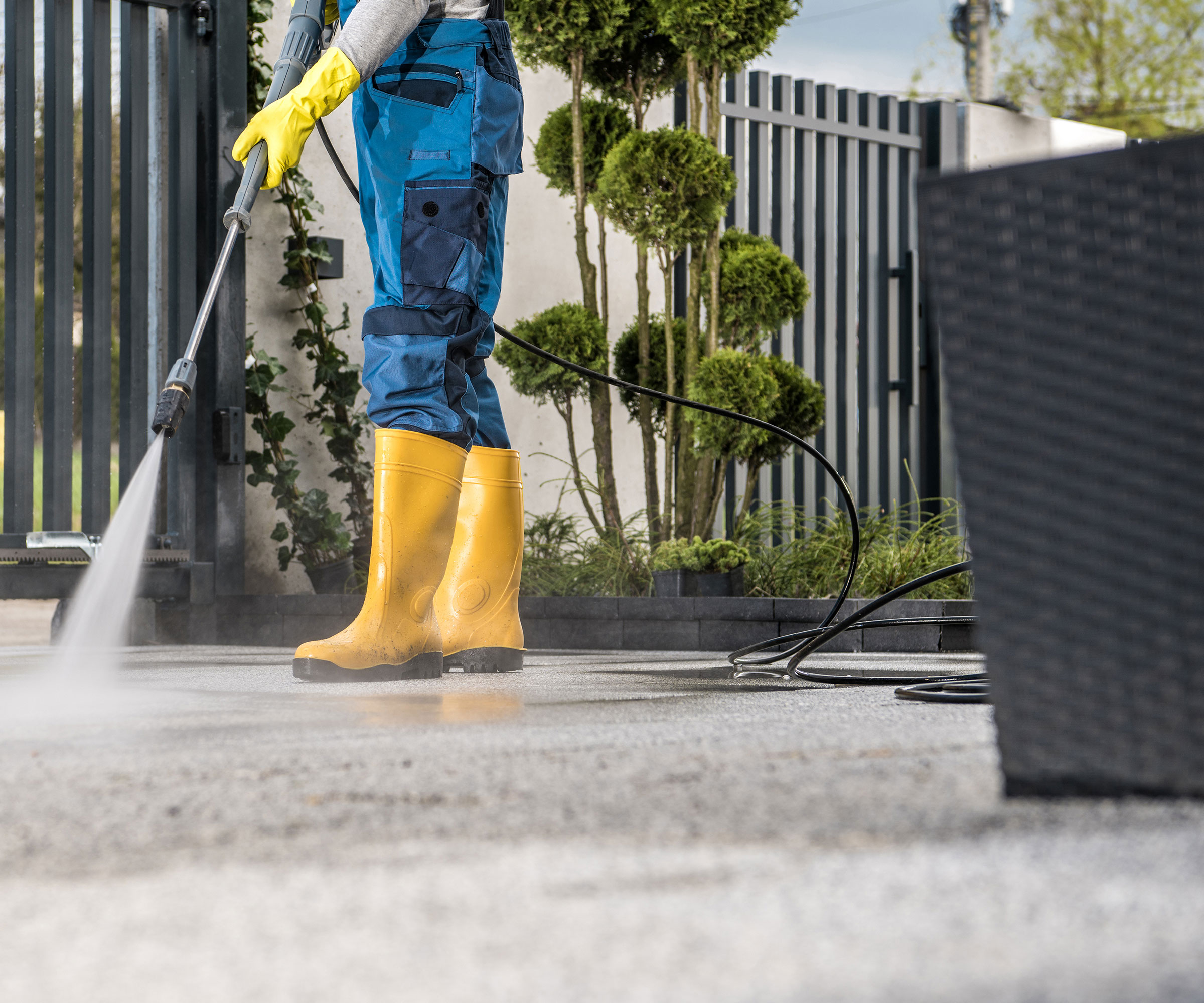
'Choose a pressure washer with sufficient power to do the job – one with a rating of 3,000 is recommended for removing tough oil stains,' says Alessandra Mendes, a cleaning specialist and the Founder of Cleaning Glow. 'Additionally, if your pressure has a detergent tank or attachment, you can fill it with a degreasing detergent designed for removing oil stains.'
Attach a narrow, high-pressure nozzle to the pressure washer. A turbo or rotary nozzle usually works best for oil stain removal. Working in sections, holding the pressure washer at a consistent distance of about 6-12 inches from the surface of the driveway. Start with a lower pressure setting to avoid damaging the concrete, then gradually increase the pressure as necessary to lift the oil stains.
Once you've finished, rinse the driveway with plain water to remove any remaining detergent and loosened oil residue. Wastewater generated during pressure washer may contain oil and detergent residue so be sure to dispose of it properly to prevent environmental contamination.
Electric Pressure Washer | $169 from Amazon
This power washer comes with a 25FT hose and 4 quick connect nozzles, perfect for sprucing up your yard ahead of outdoor spring activities.
'Avoid using bleach or harsh chemicals on your driveway altogether. These chemicals might work on specific surfaces, but they could cause further damage to the area without professional usage,' warns Katie Lambert.
For very large or stubborn oil stains, it might be best to call in a professional cleaning service.
Sign up to the Homes & Gardens newsletter
Design expertise in your inbox – from inspiring decorating ideas and beautiful celebrity homes to practical gardening advice and shopping round-ups.

Lola Houlton is a news writer for Homes & Gardens. She has been writing content for Future PLC for the past six years, in particular Homes & Gardens, Real Homes and GardeningEtc. She writes on a broad range of subjects, including practical household advice, recipe articles, and product reviews, working closely with experts in their fields to cover everything from heating to home organization through to house plants. Lola is a graduate, who completed her degree in Psychology at the University of Sussex. She has also spent some time working at the BBC.
-
 Charli XCX's dining room is a 'treasure-trove' of one-of-a-kind pieces – it's the most unique hosting space I've ever seen (and surprisingly replicable)
Charli XCX's dining room is a 'treasure-trove' of one-of-a-kind pieces – it's the most unique hosting space I've ever seen (and surprisingly replicable)The singer's Tudor-style dining room features eclectic furnishings, a mix of patterns and bright colors that all work together beautifully
By Hannah Ziegler Published
-
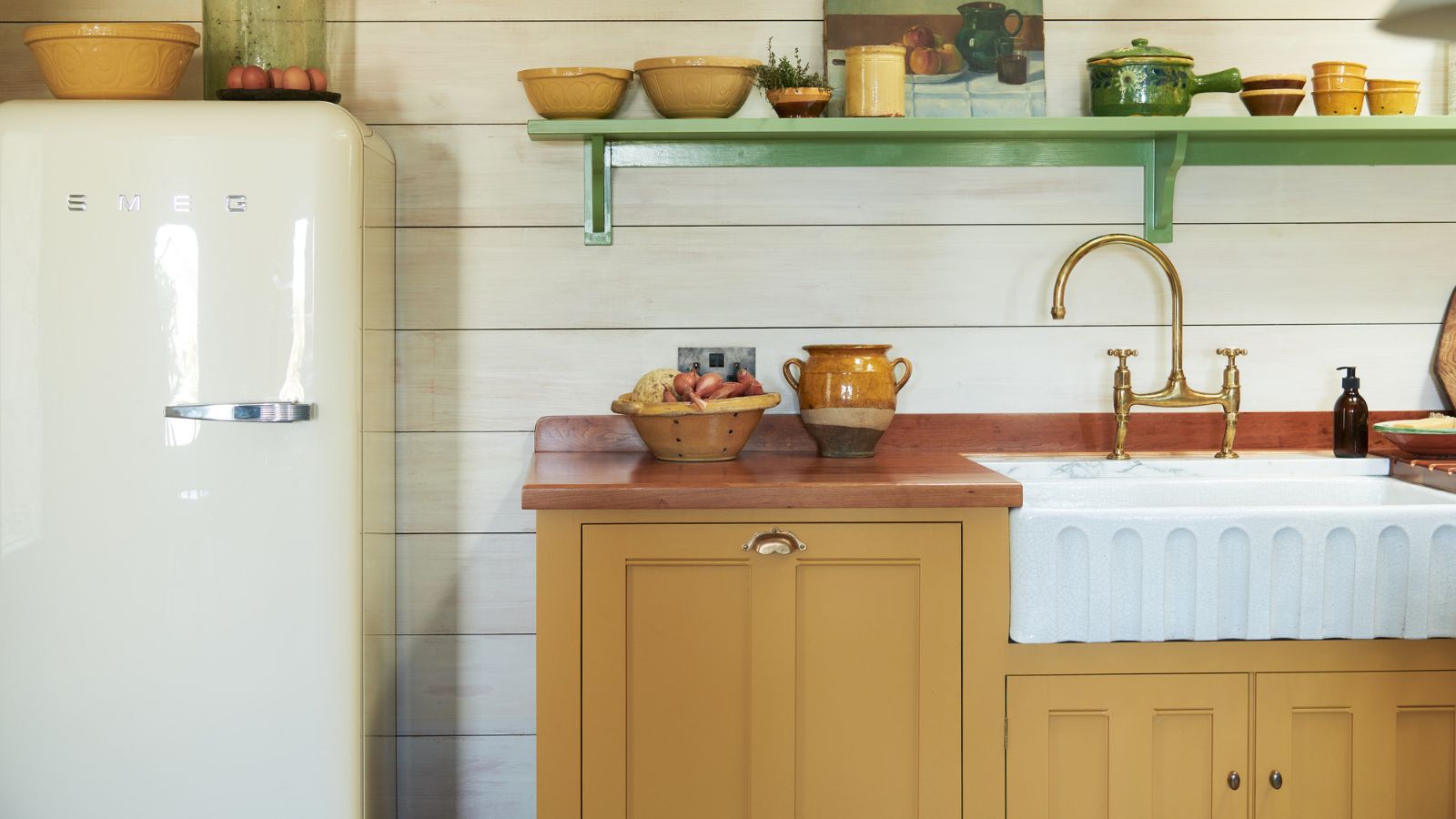 The 5 worst things you can do to your fridge – these will drive up energy costs and result in pricey and regrettable repairs
The 5 worst things you can do to your fridge – these will drive up energy costs and result in pricey and regrettable repairsIt's crucial to swerve these blunders, appliance experts warn
By Ottilie Blackhall Published
